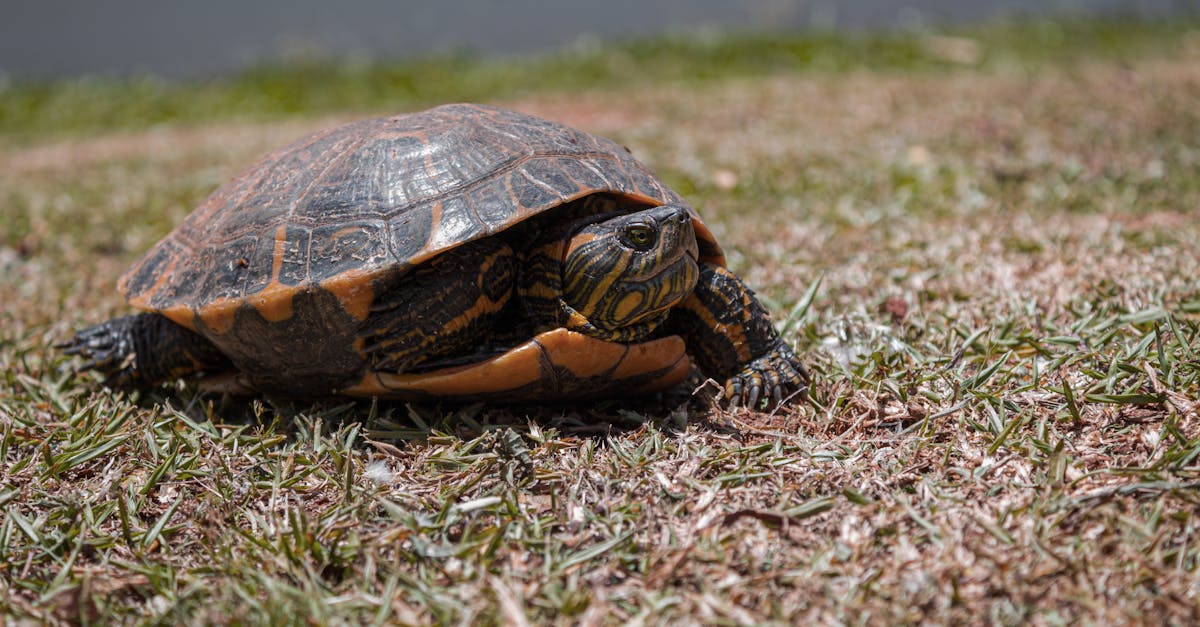For many pet lovers, owning a bird isn’t just about companionship—it’s about welcoming a splash of the wild into their homes. Exotic pet birds are colorful, intelligent, and full of personality, but they also come with unique care needs. If you’re considering adding an exotic bird to your family, it’s important to know what to expect to ensure your feathered friend thrives in their new environment.
🩺 Vet Recommendations
Exotic birds are not like your average pet. They require specialized diets, housing, and attention to their physical and mental health. As a licensed veterinarian, I often recommend that potential bird owners research the species they’re interested in and consider these key factors:
- Space: Many exotic birds need large cages or aviaries to stretch their wings.
- Diet: A proper mix of seeds, pellets, fresh fruits, and vegetables is essential.
- Socialization: Some birds are highly social and require frequent interaction with their owners or other birds.
- Health: Exotic birds can be prone to issues like respiratory infections, feather plucking, or nutritional deficiencies if not properly cared for.
With that in mind, let’s take a closer look at eight of the most exotic pet birds, their unique traits, and what it takes to care for them.
📋 Care Tips
1. African Grey Parrot
Known for their remarkable intelligence and ability to mimic human speech, African Grey Parrots are often considered the “Einsteins” of the bird world. They bond closely with their owners but require mental stimulation to prevent boredom.
- Average lifespan: 40–60 years
- Diet: High-quality pellets, fruits, vegetables, and occasional seeds
- Care tip: Provide puzzle toys and plenty of interaction to keep their sharp minds engaged.
2. Macaw
Macaws are large, striking birds with vibrant plumage and outgoing personalities. They are highly social and thrive in homes where they can interact with their owners daily.
- Average lifespan: 50–80 years
- Diet: Pellets, nuts, fresh produce, and grains
- Care tip: Their powerful beaks require tough toys to chew on for beak health and mental stimulation.
3. Cockatoo
Cockatoos are affectionate and playful birds that love attention. However, their strong bond with owners can sometimes lead to separation anxiety if left alone for too long.
- Average lifespan: 40–70 years
- Diet: Pellets, leafy greens, fruits, and seeds in moderation
- Care tip: Spend quality time with your cockatoo daily to prevent behavioral issues like feather plucking.
4. Eclectus Parrot
The Eclectus Parrot is known for its dimorphic coloring—males are bright green, while females are red and blue. These birds are quieter than some other parrots but still require plenty of attention.
- Average lifespan: 30 years
- Diet: Fresh fruits, vegetables, and specially formulated pellets
- Care tip: Avoid feeding them high-fat seeds or processed foods, as they are prone to dietary-related health issues.
5. Sun Conure
Sun Conures are small parrots with fiery orange and yellow feathers. They are social, energetic, and known for their loud calls, making them better suited for experienced bird owners.
- Average lifespan: 15–30 years
- Diet: Pellets, fruits, vegetables, and occasional nuts
- Care tip: Provide plenty of toys and out-of-cage playtime to keep their energy levels in check.
6. Indian Ringneck Parakeet
Indian Ringneck Parakeets are medium-sized parrots known for their charming personalities and ability to learn words and phrases. They are independent but still enjoy interaction with their owners.
- Average lifespan: 25–30 years
- Diet: Pellets, seeds, fruits, and vegetables
- Care tip: Start training and socializing them early to build a strong bond and prevent behavioral issues.
7. Amazon Parrot
Amazon Parrots are medium-to-large birds with vibrant green plumage and playful personalities. They are highly vocal and enjoy singing, talking, and mimicking sounds.
- Average lifespan: 40–50 years
- Diet: Pellets, fresh produce, nuts, and seeds in moderation
- Care tip: Keep their environment stimulating with toys, foraging activities, and interaction to prevent boredom.
8. Gouldian Finch
Unlike the parrots on this list, Gouldian Finches are small, colorful songbirds that are less interactive but stunning to observe. They are best suited for owners who prefer a quieter, low-maintenance bird.
- Average lifespan: 5–8 years
- Diet: High-quality finch seed mix, fresh greens, and egg food during breeding
- Care tip: Keep them in pairs or small groups, as they are highly social with other finches.
✅ Do’s and Don’ts
- Do research the specific needs of your chosen bird species before bringing one home.
- Do provide a spacious cage and regular out-of-cage time for exercise.
- Do schedule regular check-ups with an avian veterinarian to monitor your bird’s health.
- Don’t feed your bird an all-seed diet, as it can lead to nutritional deficiencies.
- Don’t ignore signs of stress or illness, such as feather plucking, changes in appetite, or lethargy.
💡 Expert Advice
Exotic birds can make incredible pets, but they require a significant commitment to their care and well-being. By understanding their unique needs and providing a stimulating, loving environment, you can enjoy a rewarding relationship with your feathered companion for years to come. If you’re ever unsure about your bird’s health or behavior, consulting an avian vet is always the best course of action.
FAQs
Q: What is the easiest exotic bird to care for?
A: Gouldian Finches are considered one of the easiest exotic birds to care for due to their low-maintenance nature and minimal interaction needs.
Q: How do I know if my exotic bird is sick?
A: Signs of illness in birds include changes in appetite, fluffed-up feathers, lethargy, or unusual droppings. Contact a vet immediately if you notice these symptoms.
Book a $49 online vet consultation at https://www.dialavet.com for fast, expert advice.























